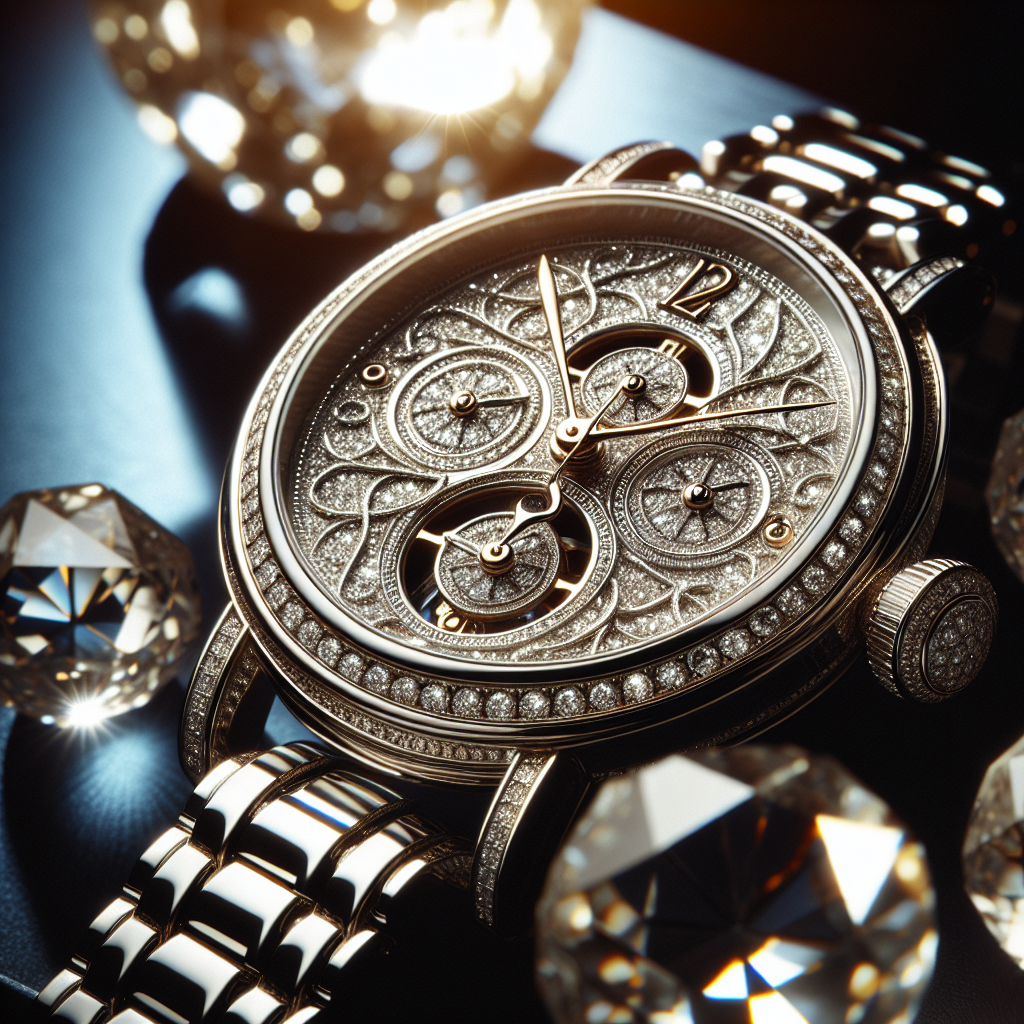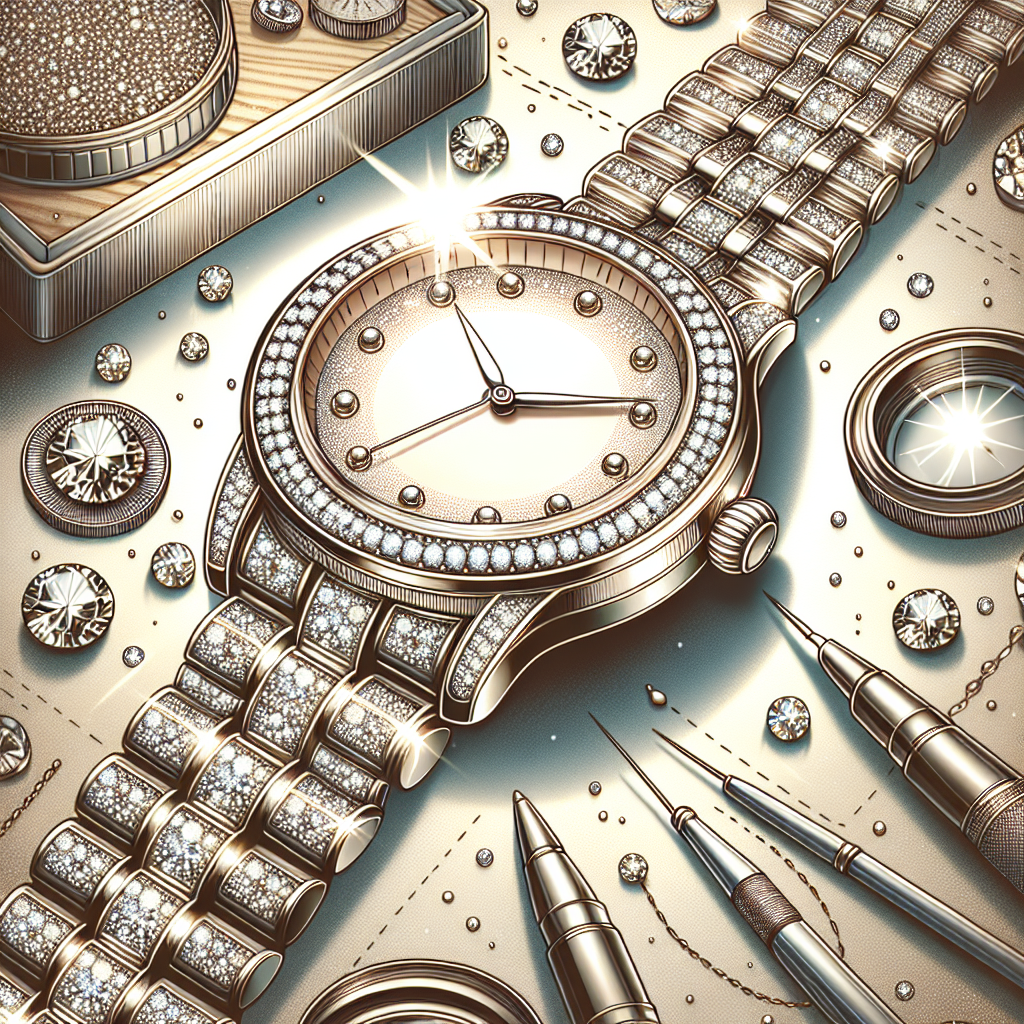Luxury, when it comes to personal experiences, can be defined as those extraordinary moments that ignite a feeling of sheer bliss within you. It goes beyond material possessions, encompassing the intangible aspects that money can’t buy. It’s that serene walk on a secluded beach at sunrise, the awe-inspiring beauty of a sunset from a mountaintop, or the warm embrace of a loved one after a long absence. Luxury is the inner joy that arises from indulging in life’s simple pleasures, leaving you with lasting memories that money can’t measure. It’s the essence of life’s most treasured moments, where time stands still, and happiness takes center stage.
Defining Luxury: Personal Experiences
Luxury is a concept that is deeply personal and subjective. It can be defined as an experience or possession that provides a sense of indulgence, exclusivity, and exceptional quality. However, when it comes to personal experiences, the definition of luxury becomes even more intricate. It is not solely about material possessions, but rather about the feelings and emotions evoked by those experiences.

Understanding the Concept of Luxury
To truly understand the concept of luxury in personal experiences, it is important to recognize that it goes beyond mere opulence or extravagance. Luxury is about creating moments of bliss, satisfaction, and fulfillment. It is about indulging in experiences that surpass the ordinary and evoke a sense of pleasure and delight. It is an escape from the mundane, allowing you to relish in the extraordinary.
The Role of Personal Experiences
Personal experiences play a significant role in defining luxury. They add a level of intimacy and uniqueness that material possessions alone cannot provide. Each individual’s perception of luxury is influenced by their own background, desires, and values. What may be considered a luxury for one person may not hold the same significance for another. By incorporating personal experiences into the definition of luxury, it becomes more individualized and meaningful.
Factors Influencing the Perception of Luxury
The perception of luxury is influenced by a variety of factors. These factors can include cultural background, social status, personal preferences, and even current trends. For example, an individual who grew up in a modest household may perceive a luxurious experience as one that is exclusive and out of reach. On the other hand, someone who has always had access to opulence may associate luxury with a certain level of comfort and extravagance. The perception of luxury is subjective and can vary greatly from person to person.
Luxury versus Necessity
In today’s society, the line between luxury and necessity has become blurred. Basic necessities like food, shelter, and clothing have evolved to include higher quality and more exclusive options. What was once seen as a luxury, such as organic and gourmet foods, is now seen as an essential part of a health-conscious lifestyle. As our standards and expectations evolve, so too does our perception of luxury. It can be argued that luxury is not just an indulgence, but rather a reflection of one’s values and priorities.

Exploring Different Dimensions of Luxury
Luxury encompasses various dimensions that cater to different aspects of human desires. These dimensions can include physical comfort, emotional well-being, intellectual stimulation, and even spiritual enlightenment. For some, the ultimate luxury may be a luxurious spa retreat that pampers the senses and promotes relaxation. For others, it may be a thought-provoking art exhibition or a gastronomic feast that triggers intellectual and culinary delight. By recognizing and exploring these different dimensions, we can gain a deeper understanding of what luxury truly means to us personally.
Psychological and Emotional Aspects of Luxury
Luxury experiences have the power to evoke strong psychological and emotional responses. The anticipation and excitement leading up to a luxury experience can create a sense of joy and anticipation. During the experience itself, one may feel a heightened sense of pleasure, contentment, and even a temporary escape from reality. Afterward, the memories and reflections on the experience can bring feelings of nostalgia and satisfaction. These psychological and emotional aspects enhance the overall value and significance of luxury experiences.
Luxury as an Expression of Identity
Luxury experiences can also serve as a means of self-expression and identity. Each individual has unique tastes, preferences, and aspirations. By curating and engaging in luxury experiences that align with their personal values and desires, individuals can assert their identity and communicate their discerning tastes. The choices made in the pursuit of luxury can become a reflection of one’s character, beliefs, and aspirations.
Creating Exclusivity through Personal Experiences
Personal experiences inherently carry a sense of exclusivity. When indulging in luxury experiences, the focus is not just on the product or service itself, but also on the exclusivity and uniqueness it brings. Whether it is a private dining experience prepared by a renowned chef or a VIP access to a high-profile event, personal experiences can create a sense of privilege and exclusivity. Through carefully crafted experiences, individuals can cultivate a feeling of being part of an elite group, further enhancing the luxury element.
The Evolution of Luxury in the Digital Age
The digital age has revolutionized the way we perceive and experience luxury. It has provided a platform for access to luxury experiences that were once limited to a privileged few. Virtual tours of exotic destinations, online shopping for designer goods, and immersive virtual reality experiences have brought luxury into the hands of a wider audience. However, this mass accessibility has also challenged the exclusivity and allure of luxury. As technology continues to evolve, finding the balance between accessibility and exclusivity will be crucial in defining luxury in the digital age.
Balancing Personalization with Authenticity in Luxury
As personalization becomes an increasingly important aspect of luxury experiences, maintaining authenticity becomes paramount. Luxury should not be reduced to a formulaic process where every experience is tailor-made to meet individual preferences. It should still retain its essence of rarity, differentiation, and uniqueness. Striking the right balance between personalized experiences and the preservation of authenticity is key in providing truly luxurious encounters.
In conclusion, luxury in personal experiences is not just about material possessions or opulence. It is about creating moments of indulgence, pleasure, and exclusivity. The perception of luxury is subjective and influenced by personal experiences, background, and values. Luxury encompasses different dimensions, evokes psychological and emotional responses, and can serve as an expression of identity. The digital age has redefined luxury and brought accessibility to a wider audience, posing new challenges in maintaining exclusivity and authenticity. Understanding and defining luxury in personal experiences is a fluid and dynamic process that continues to evolve alongside our ever-changing desires and aspirations.
